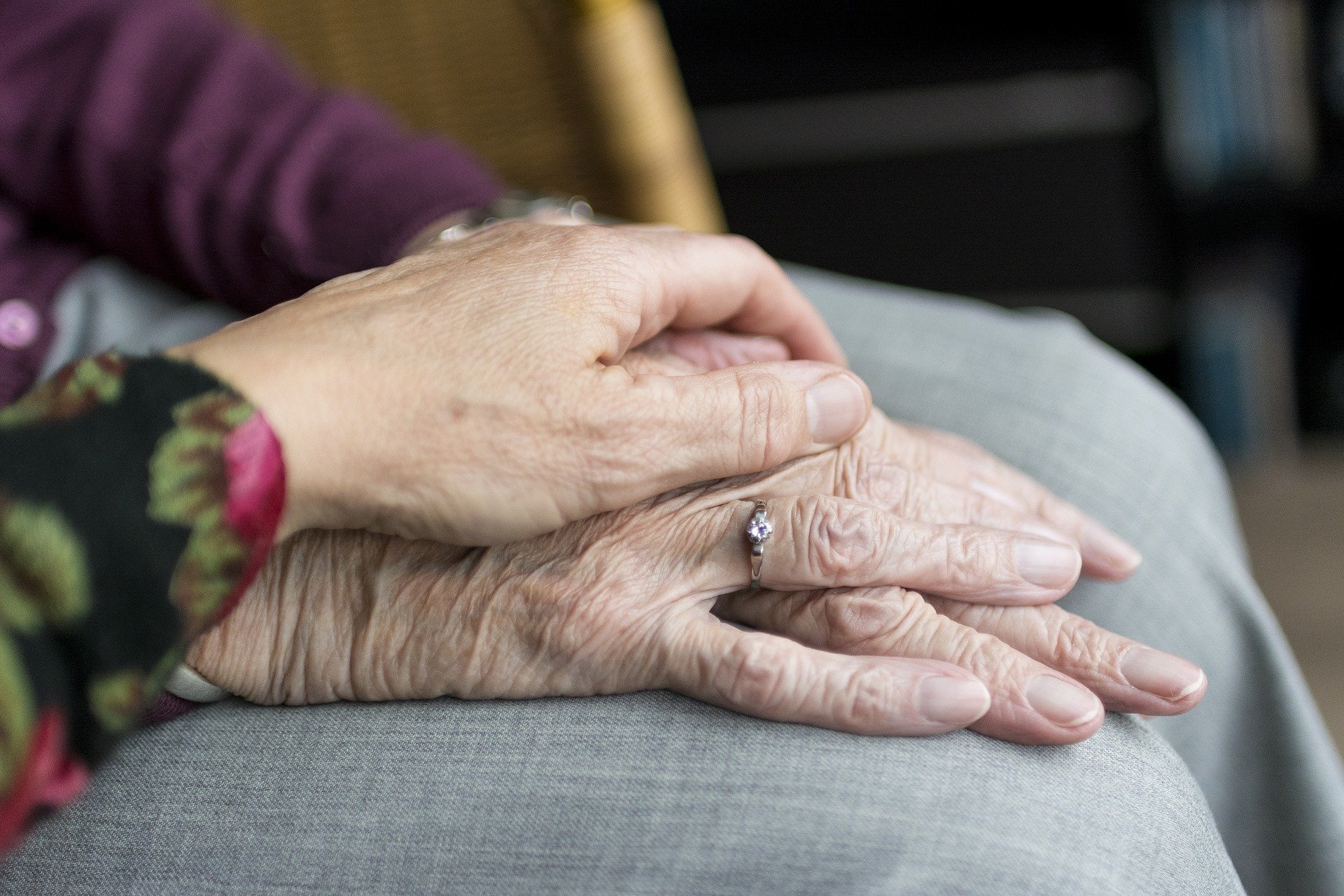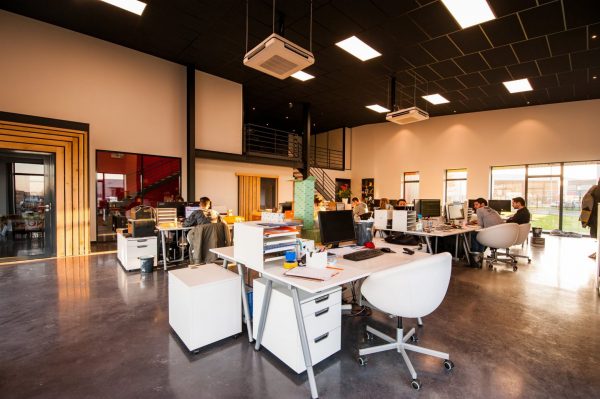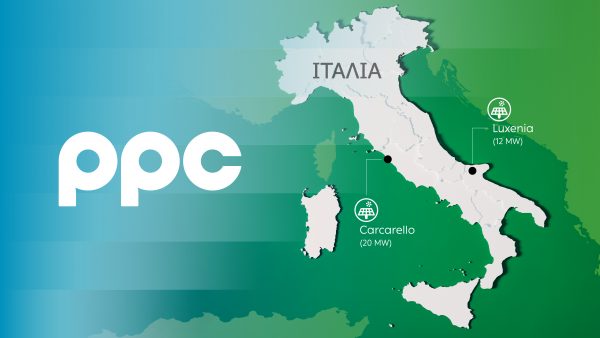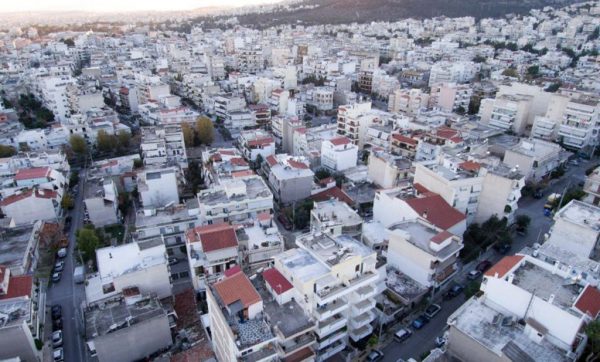
Informal long-term care is defined as care services provided by non-professionals, mainly family members, close relatives, friends and neighbors, outside of organized structures (nurseries, nursing homes) to people in need of assistance. Its main feature, however, is that this service is not paid, declared or regulated by rules and laws.
The importance of the informal care sector is underscored by its size. Due to its informal nature, of course, it is difficult to quantify and evaluate accurately. Data on the scope of this service can be found from various studies that use questionnaires, however they use different definitions for informal care and are based on the judgment of the participant as well as the accuracy of the answers. As a result, studies on the subject have resulted in different rates of people being employed informally in the care of the elderly and children (a typical example is the proportion of people who provide such services informally to the adult population in nine different surveys range from 8% to 40%, depending on the definition given by each survey).
A first for Greece
According to Eurofound, perhaps the most complete picture of the size of informal care is provided by the European Quality of Life Survey (2016). Based on this research, Greece ranks first in the percentage of people who provide informal care to either the elderly or children in the total population. In our country 34% of respondents answered that they provide informal care to the elderly and children on a weekly basis, followed by Belgium and Malta with 30% and 26% respectively. At the other end are countries such as Austria, the Czech Republic and Romania, where even there the corresponding percentage is close to 10%. Characteristic of the size that informal care receives in our country is that the percentage in Greece is twice the European average (17%).
But there is an additional dimension to informal care, that of gender. Most of the people who provide informal care are women. On average, at European level, 58.8% of people who say they informally care for other people are women. Our country is in 4th place among European countries with the percentage of women over those providing informal care, reaching 63.6%. It seems that both in Greece and in Europe in general, women are the ones who are mainly burdened with the informal provision of care to people in the family circle.
Given the current European conditions, where the demographic trend indicates a fairly aging European population, the pandemic crisis makes it difficult to access both hospitals and organized care structures, and inequality between men and women in terms of wages and employment persists in the labor market. , informal care is gaining in importance. Its role should be strengthened, as due to its size it is an important part of the protection of weak people, however any support should be accompanied by the regulation and reward of these services provided.
George Manalis, Postdoctoral Researcher, Fellow of the Research Chair AG Leventis, Hellenic Foundation for European & Foreign Policy (ELIAMEP)
Manos Matsaganis, Principal Investigator, Head of the Hellenic & European Economy Observatory, Fellow of the “Stavros Costopoulos” Chair, Hellenic Foundation for European & Foreign Policy (ELIAMEP)
Latest News

Capital Link Forum Highlights Greece’s Economic Resurgence; Honors BoG Gov Stournaras
Capital Link Hellenic Leadership Award recipient, Bank of Greece Gov. Yannis Stournaras, an ex-FinMin, was lauded for his pivotal role during Greece’s economic recovery

Tourist Spending in Greece Up by 14%, Visa Card Analysis Shows
Greece’s capital Athens emerged as the most popular destination, recording a 17% increase in transactions with Visa cards, surpassing even the cosmopolitan island of Mykonos.

Inflation in Greece Unchanged at 2.4% in Nov. 2024
The general consumer price index (CPI) posted a 0.4% decrease in November compared to the previous month

2024 Christmas Holidays: Extended Shop Hours Schedule
The 2024 Christmas Holidays extended shop hours schedule commences on Thursday, December 12 and runs until the end of the year.

ELSTAT: Seasonally Adjusted Unemployment Down in October
The number of employed individuals reached 4,284,694, an increase of 67,723 compared to October 2023 (+1.6%) and 22,002 compared to September 2024 (+0.5%).

Greek PM’s Chief Economic Adviser Resigns
In the post on his Facebook page, Patelis did not disclose the reasons that led him to step down.

“Masdar Invests in the people of Greece and in the vision of TERNA ENERGY”
Four messages from the CEO of Masdar, the Arab renewable energy giant, after its acquisition of 70% of TERNA ENERGY

Lloyd’s List Greek Shipping Awards 2024: Honors for leading companies and personalities in the Greek shipping sector
20 awards presented at the 21st annual Lloyd's List Greek Shipping Awards

Syria’s Bashar al-Assad, His family Granted Asylum by Russia
Reuters also reported that a deal has been struck to ensure the safety of Russian military bases in the war-ravaged country

Greece to Introduce Artificial Intelligence into Its Education System
Currently, Greece is taking its first steps to bring AI into classrooms through the AI4edu program, which is being co-funded by the European Union















![Χειμερινή εξοχική κατοικία: Οι Ελληνες γυρνούν την πλάτη παρά την πτώση των τιμών [γραφήματα]](https://www.ot.gr/wp-content/uploads/2024/12/Capture-19-90x90.jpg)

























 Αριθμός Πιστοποίησης Μ.Η.Τ.232433
Αριθμός Πιστοποίησης Μ.Η.Τ.232433